“Working on mission-critical government products and public services is a challenging and honorable task. P2H Team is committed to digital transformation of public services towards the vision 2030 in the most effective way. Our R&D is specially aimed to make even smoother human software interaction. The code behind the beauty is created by seasoned professionals, whom you can trust with the most difficult solutions design and development.” Volodymyr Plakhov General Manager P2H Middle East



